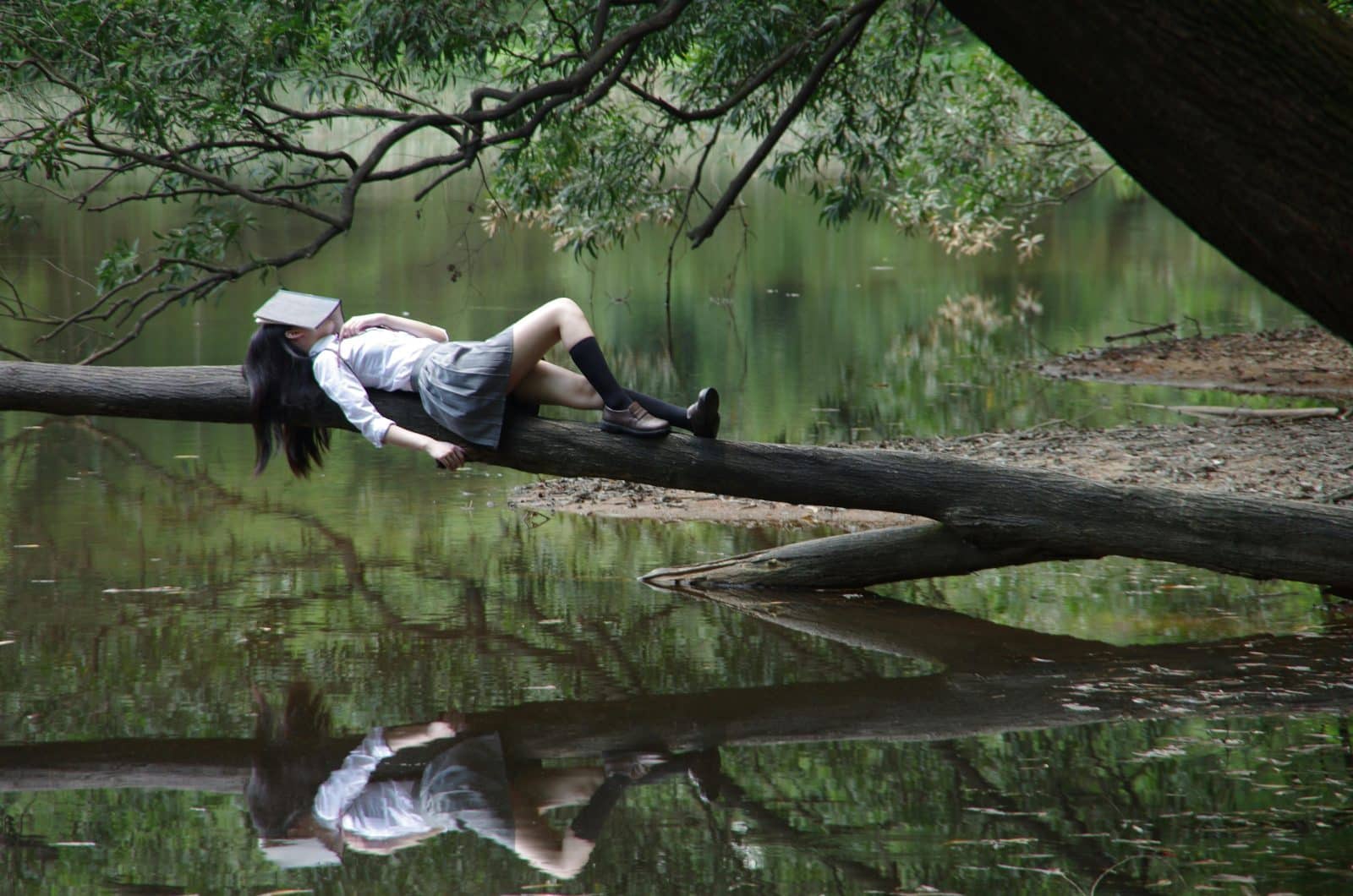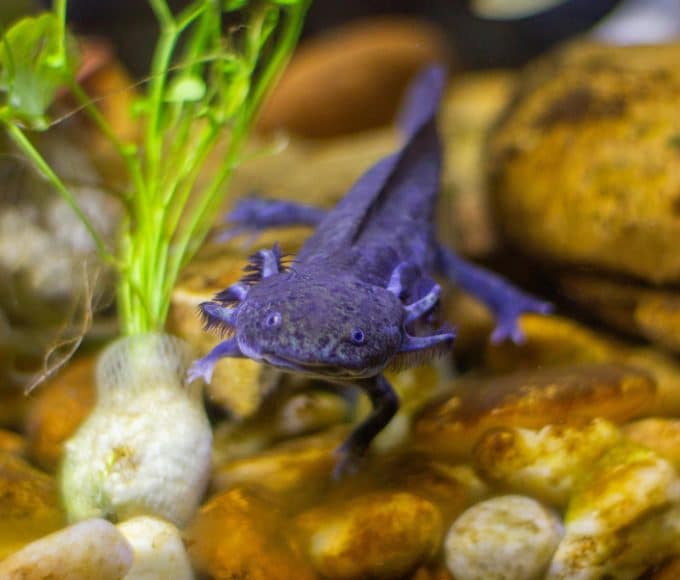Imagine a day without to-do lists, alerts, or expectations. You sit with a cup of coffee, watch the clouds drift by, and simply… do nothing.
For many, this thought is either delightful or downright terrifying! However, embracing idleness—the simple act of letting your mind wander without purpose—has profound benefits that philosophers, scientists, and psychologists are now rediscovering.
Why is Idleness So Rare?
In today’s world, productivity reigns supreme. We’re constantly rushing through endless to-do lists, with our phones buzzing every few minutes. Social media convinces us that everyone else is busy achieving great things, making the pressure to keep up feel relentless.
The Italian philosopher Giacomo Leopardi once called idleness “the only true luxury,” and in an era where being busy is glorified, his words resonate more than ever.
Historically, thinkers like Aristotle and Bertrand Russell championed idleness, not as laziness but as a vital space for creativity and self-reflection. In his essay “In Praise of Idleness,” Russell argued that leisure could lead to intellectual and emotional growth.
Idleness, he believed, isn’t about being inactive; it’s about cultivating the mind in ways that work and routine cannot. In those quiet moments, we can connect with our deeper thoughts, ideas, and inspirations.
The Science Behind Doing Nothing
Science supports what philosophers have long suggested: downtime offers genuine mental and physical health benefits.
When we’re idle, our brains engage the default mode network (DMN). This network kicks in when we’re not focused on any particular task, and interestingly, it’s when our brains are most active in processing emotions, memories, and ideas. In other words, idle time is essential for creative thought and problem-solving.
Studies indicate that giving the brain time to “wander” leads to increased creativity and reduced stress. Think about it: how often have you had a brilliant idea in the shower or while daydreaming? By stepping back, we allow our minds the freedom to explore without pressure or judgment.
Research from the University of British Columbia found that people who engaged in “mind-wandering” could perform better on creative tasks compared to those who were always focused.
The Benefits of Embracing Idleness
Doing nothing comes with many rewards:
- Reduced Stress: Constantly being in “go-mode” makes our bodies produce stress hormones that can lead to burnout. Pausing allows our minds to reset and lowers stress levels.
- Enhanced Creativity: The best ideas often come when you’re not actively searching for them. Embracing idleness creates the mental space necessary for those lightbulb moments.
- Improved Focus: Counterintuitively, taking breaks can enhance your ability to concentrate when you return to tasks. Just like a muscle, your mind performs better with rest.
How to Embrace Idleness in Daily Life
Here are a few simple ways to reintroduce idleness into your life:
- Try Mindful Idleness: Instead of mindlessly scrolling, give yourself permission to do absolutely nothing for a few minutes. Set a timer if needed, and just sit quietly without expectations.
- Ditch Digital Distractions: Create little moments throughout the day when you leave your phone behind. It could be a short walk, sitting on a park bench, or simply watching the clouds from your window.
- Schedule an Idle Hour: Yes, ironically, you might need to schedule it! Block out an hour each week to do whatever feels most relaxing. No agenda—just free-flowing time.
- Take an Inspiration Walk: This favorite practice of artists and writers allows you to wander through nature or your neighborhood with no destination in mind. Let your thoughts flow freely as you walk without a purpose.
Embracing idleness is a practice in patience, an invitation to appreciate the beauty of simplicity. When you let go of the need to be productive, you give yourself the gift of presence and the ability to enjoy the moment fully.
Recommended – Unlocking Productivity: The Power of Napping















